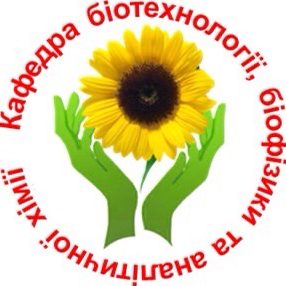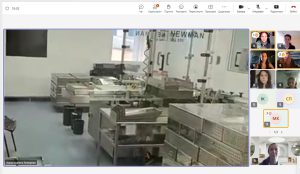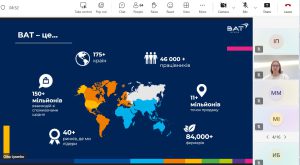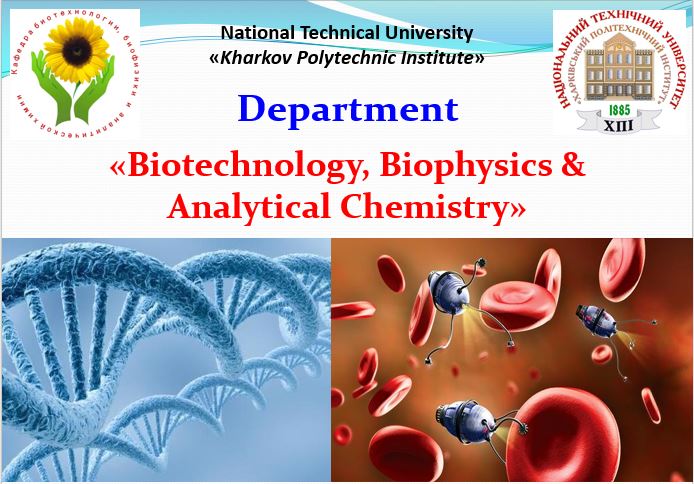Google Google Scholar of the Department
The Department of Biotechnology, Biophysics, and Analytical Chemistry was established in 1998 based on the General Department of Analytical Chemistry, which had been separated from the Department of Chemistry into an independent department in 1940
From 1980 to 2015, the department was headed by Doctor of Technical Sciences, Professor Mykola Fedosovych Kleshchev, a graduate of KhPI (1960), a specialist in the fields of catalysis, biocatalysis, and the analysis of chemical and biological systems
In 2015, the Academic Council of NTU “KhPI” elected Professor Oleksandr Mykolayovych Ogurtsov, Doctor of Physical and Mathematical Sciences, as the head of the Department of Biotechnology, Biophysics, and Analytical Chemistry, a position he held until the end of 2019.
Since January 3, 2020, Professor Olha Mykolaivna Blyzniuk, Doctor of Technical Sciences, has been appointed Head of the Department of Biotechnology, Biophysics, and Analytical Chemistry.
The department occupies an area of over 700 m² on the third floor of the Chemistry Building. It includes specialized educational and research laboratories: Pharmaceutical Biotechnology, Biomolecular Research, Agrobiotechnology, Biochemistry and Microbiology, Quality Control of Biological and Chemical Systems, Optical and Chromatographic Methods of Analysis, as well as a lecture hall equipped with modern teaching technologies.
The department handles approximately 13,000 academic hours per year across both full-time and part-time study programs. It offers instruction in a total of 96 courses. Lectures, practical sessions, and laboratory classes are conducted for two specializations—Industrial Biotechnology and Pharmaceutical Biotechnology—within the specialty G21 “Biotechnology and Bioengineering.”
For students majoring in chemistry, as well as those in food and environmental sciences, the department delivers both fundamental and specialized courses, including: Analytical Chemistry and Instrumental Methods of Analysis, Biophysics, Biochemistry, General Microbiology and Virology, Biology, Metrology, Standardization, Certification, and Quality Management.
Graduates of the department receive higher education in the specialty “Biotechnology and Bioengineering” with two specializations: Industrial Biotechnology (Bachelor’s, Master’s, and Doctor of Philosophy degrees) and Pharmaceutical Biotechnology (Bachelor’s, Master’s, and Doctor of Philosophy degrees).
The licensed enrollment capacity for training specialists is 185 students per year across both full-time and part-time study programs.
The research activities carried out by the department’s staff in alignment with the training profile of specialists and master’s students enable the preparation of highly qualified professionals.







